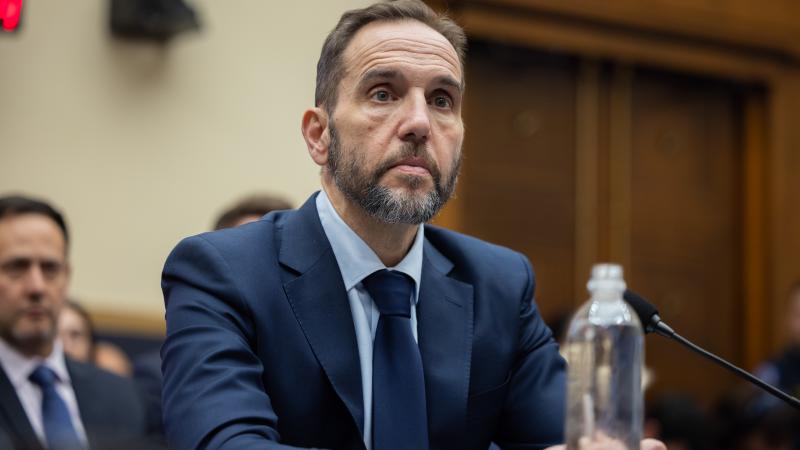Policy weighs locking up Pennsylvania students’ cell phones
According to the Pew Research Center, teens spent an average of 3.5 hours per day on social media in 2023.
A new plan moving through the state Senate would disconnect students from their cell phones during school years – literally.
The pilot program covers the cost of lockable bags for districts, which must create usage policies for students. After two years, student data on mental and physical health and academic achievement would be compiled and submitted to lawmakers for review.
Bill sponsor Sen. Ryan Aument, R-Lititz, said the legislation intends to “free” kids from their phones during the day, while storing them securely and shielding schools from liability.
“There’s been compelling data and research that’s been done that points to the decline in student mental health and student academic performance, student physical health and a direct correlation and strong evidence of direct causation with the rise of smartphone access among adolescents and social media access to adolescents,” he said during a Senate Education Committee hearing on Tuesday.
According to the Pew Research Center, teens spent an average of 3.5 hours per day on social media in 2023.
A similar report from Common Sense and the University of Michigan Medicine’s C.S. Mott Children’s Hospital noted that children between the ages of 11 and 17 receive an average of 237 notifications per day – one-quarter of which come during school hours.
“Students’ cellphone use in schools is a major issue, not just when it comes to classroom distractions, reduced student attention spans, and declining academic performance – it also negatively impacts their mental health and social skills,” Aument said. “The data is clear and has confirmed what parents, teachers, and administrators are experiencing in the classroom.”
Sen. Lindsey Williams, D-Pittsburgh, agreed with the spirit of the legislation, but said the language is too narrow because schools are only given one storage option. She cast the lone dissenting vote despite other lawmakers on the committee sharing her concerns.
“It is a pilot program, which means it is about learning the best way forward,” said Sen. Tim Kearney, D-Media. “I’m hoping that we are open-minded about the way we do this as we continue to develop the final language.”
The bill awaits consideration on the Senate floor.















